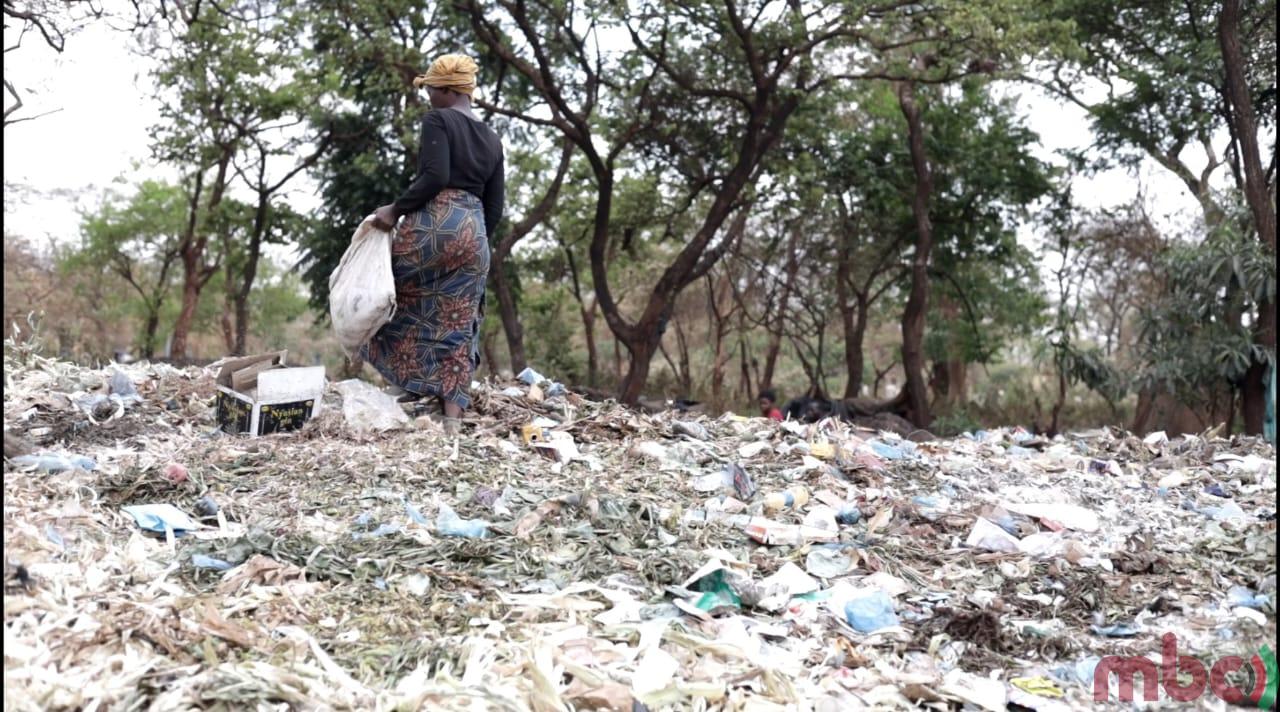Copyright namibian

The Anti-Corruption Commission (ACC) is investigating allegations that nine health ministry officials colluded with Namibian tenderpreneurs to rig medical tenders and manipulate orders worth hundreds of millions of dollars. A whistleblower tip-off seen by The Namibian identifies several government officials and 23 companies, detailing amounts involved and their links to business people. The ACC has confirmed investigating the tip-off. “The ACC has received a similar copy, but we cannot confirm that the officials listed in the document are implicated by evidence in alleged corrupt practices. We are still busy investigating to establish whether there is evidence linking them to allegations,” ACC director general Paulus Noa said last week. He said the issue at the Ministry of Health and Social Services is that “emergency procurement raises a lot of suspicion. There are also a lot of repeat orders of the same products. Those two [issues] likely lead to corruption. I don’t want to say more. We are on it.” Last month, The Namibian reported that the ACC was intensifying its probe into alleged corruption at the health ministry in what has been dubbed as the ‘Healthrot’. The scope of the investigation is said to have been extended to hospitals countrywide. THE TIP-OFF A three-page whistleblower tip-off provides a detailed account of alleged corruption at the health ministry. It claims that key officials, working with outside companies and business people, have manipulated tender processes, influenced evaluation panel appointments, and doctored purchase orders to maintain control over the country’s most lucrative health contracts. According to the tip-off, more than N$1.5 billion is spent each year at the Central Medical Stores (CMS) on pharmaceuticals and clinical items, with tens of millions more allocated to equipment such as X-ray machines, incubators and hospital beds. A significant portion of these funds is alleged to have been diverted to doctored orders, repeat purchases and hand-picked suppliers. At the Central Medical Stores, senior pharmacists have allegedly leaked item lists and previous prices weeks ahead of advertised bids, allowing suppliers to import stock and craft bids with insider pricing. Once contracts were approved, purchase orders were allegedly inflated: A contract cleared at N$1 million could be printed as being worth N$5 million. Repeated orders for the same goods – gloves, syringes, and medicines – could see a modest award swell to N$30 million or more, all without new tenders. The ACC is now scrutinising these allegations. The whistleblower is also accusing technical staff responsible for drafting tender requirements of routinely tailoring specifications to specific brands or distributors, effectively locking out genuine competitors and undermining the Namibian Competition Act’s prohibition of exclusive arrangements. The document describes a recurring pattern in the ministry’s procurement process: the same companies repeatedly winning contracts for medical supplies, often justified by declaring ‘emergencies’ to bypass competitive bidding. Some orders have reportedly only been partly delivered while invoices were paid in full. “On paper, items appeared in government stores; in reality, the shelves were bare,” the tip-off says, adding that resulting shortages triggered “another round of emergency purchases” – benefiting the same suppliers again. GET-RICH-QUICK SCHEMES Former minister of health and social services Bernard Haufiku this month told The Namibian evidence of corruption is available. “I can only speak of my time when I was there. I had a personal assistant who was seconded to me from State House. That person couldn’t even change the tyre of a Citi Golf, but ended up owning a Jeep and a farm by doing business within the ministry while being employed by the ministry. “It’s not just him. Even former permanent secretary (Andreas) Mwoombola is implicated in this. I have submitted a dossier to the ACC,” he said. Mwoombala yesterday said: “I have no comment on that.” New Era in 2017 reported that the ACC had launched an investigation into allegations that Mwoombola awarded N$250 million worth of tenders to companies allegedly linked to him and other officials in the ministry. Haufiku said health tenders have enriched ministry officials. “Two months ago, I lost a family member because they couldn’t get high blood pressure medicine at Odimbwa clinic,” he said. “He kept going back without receiving the required medicine and eventually just gave up and died. This is because money that was meant to buy medicine is diverted to individual pockets.” Executive director of health and social services Penda Ithindi this month said Namibia’s health market is small, but investigators would be keen to look at the whistleblower’s tip-off. “Our market is small; if there are only four or five wholesalers of medicine, they are likely to feature in most if not every tender. There are wide-ranging investigations on certain units in the ministry, including the procurement management unit. “I’m sure investigators will be keen to have a look at the information if they don’t have it already,” he said. TRANSPARENCY Independent Patriots for Change shadow minister of health and social services Lilani Brinkman says persistent corruption erodes the quality of service delivery. She says intended resources are not reaching the public. “We constantly see shortages of essential medicines. Of course the public is losing faith in this government already. It leads to a sense of hopelessness, where many would rather stay home and choose to die than make efforts to go to hospital, as they know there may be no help,” she says. To address corruption, Brinkman says the country must implement a series of concrete reforms. “Let the public have full access to this information. Strengthening of oversight mechanisms: Let independent oversight bodies be established to monitor procurement processes actively and report any discrepancies. The protection of whistleblowers would encourage more individuals to come forward without the fear of being punished,” she says. Landless People’s Movement parliamentarian Eneas Emvula welcomes the widening of the anti-corruption net, saying it “directly canvasses a ministry that has for far too long been shielded by the Office of the Prime Minister (OPM)”. However, he criticises the OPM for lacking transparency. “We shouldn’t forget that two former executive directors of that same ministry were silently transferred . . . after being implicated in facilitating and benefiting from medical tenders,” he says. Emvula credits health minister Esperance Luvindao for trying to “take the bull by the horns and have the middlemen by-passed”, but adds that “not much clarity is given on what the substituting procurement method is”. In June, Luvindao told the parliament she had written to the ACC to probe the alleged entry and sale of unregistered medicine and the abuse of emergency procurement. She has since begun buying medicine directly from international suppliers, a move that has raised eyebrows. Anonymous business people involved in health tenders subsequently wrote to the health ministry defending their role. They did not reveal their identities to avoid victimisation. The business people said high costs stem from short delivery deadlines and delayed government payments. According to them, a N$10-million health tender order can attract up to N$1.5 million in financing and foreign exchange costs. “We are not middlemen; we are partners ensuring medicines remain accessible, safe and affordable,” the letter said. The memo recommends reforms such as aligning delivery timelines, excluding VAT from bid evaluations, and allowing larger tender volumes, measures that could cut procurement costs by up to 18%.



